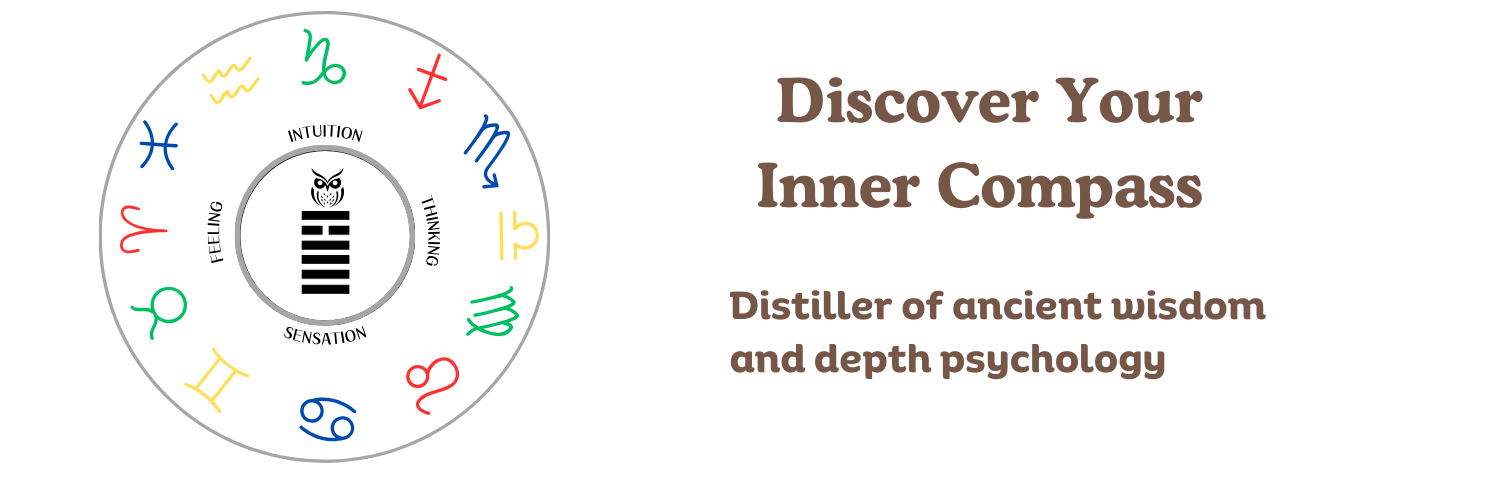Most everyone knows about melancholy and, unfortunately, often confuse it with depression. For this reason, the melancholic temperament is probably the most well-known of the four ancient temperaments (which include sanguine, choleric, and phlegmatic).
What is Temperament?
Before I describe the melancholic temperament, I will first describe a bit about temperament in general. Temperament is innate to the individual and means “mixture.” Temperament originated in the medical world with Hippocrates and Galen .It dates back to the fifth century B.C.E.
Astrologers began working with temperament early on, beginning with the Greeks and continuing through the Renaissance with Marsilio Ficino, Paracelsus, William Lilly, and others. Then astrology went into a recession in the west for the next 200+ years. In the 1800’s Rudolf Steiner and Marc Edmund Jones revived the temperaments and, along with Jung and several others, brought astrology back to life in the west. In the 20th century Linda Berens, David Keirsey and Marilyn Bates brought temperament into the personality typology world.
In astrology, temperaments are more than just descriptive – they are prescriptive. I calculate the temperament of my clients’ charts and charts of famous people that I study. If you know that someone has, for example, a melancholic/phlegmatic temperament (most people have a compound temperament of at least two predominant temperaments), then an upcoming transit from Mars potentially provides and opportunity for some much-needed energy and initiative. If the person instead has a choleric temperament, then they will likely need to guard against angry outbursts and find outlets for the excess of energy during that time period.
The Melancholic Temperament
Melancholic is associated with the earth element, cold and dry qualities, and the autumn season.
Here is a nice list of phrases about the melancholic temperament from Dorian Greenbaum’s book Temperament: Astrology’s Forgotten Key:
- Succeeds through hard work and persistence.
- Don’t get your hopes up.
- Nothing is ever good enough.
- Really good at analyzing and organizing.
- The light at the end of the tunnel is an oncoming train.
- Idea of a fun time is reading the dictionary.
- Likes to play the blame game.
- Can’t bear the idea of superficial knowledge.
Linda Berens calls the melancholic temperament the Guardian in her temperament system and associates it with the ESTJ, ESFJ, ISTJ, and ISFJ Myers-Briggs personality types. Astrologer Joseph Crane correlates it to the introverted thinking and introverted sensation functions of the personality type.
Melancholy vs. Melancholic
Although someone with a melancholic temperament may experience melancholy more often than other types, anyone can have melancholy. My favorite book about melancholy, and about Abraham Lincoln, is Lincoln’s Melancholy: How Depression Challenged a President and Fueled His Greatness. This book makes the case that Lincoln’s melancholy was the fuel for his achievements.
Unfortunately there isn’t an exact birth time available for Lincoln. In looking at the Aquarius rising chart that is typically used for him, he had a compound melancholic-phlegmatic temperament with a smidgen of choleric and sanguine. The phlegmatic adds some emotion to the melancholic temperament and one can see that in this description from the book: ‘Lincoln was reserved in personal details but quite open in showing his true emotional self, including the suffering that sometimes overtook him. Reporters, allies, and ordinary citizens who watched Lincoln rarely came away thinking they knew his secrets, but they often came away thinking they’d seen the man.”
How to Calculate Temperament
There are different formulas for calculating temperament from an astrology chart, but all of them involve the Moon, Sun, and Ascendant. I introduced one of the formulas in this post. I am now also testing a more intricate formula described in the book On The Heavenly Spheres by Helena Avelar & Luis Ribeiro. This formula closely adheres to the work of 17th century astrologer William Lilly.
Again, these formulas aren’t meant to reduce someone to a label. Temperament is a starting point in looking at a person’s whole potential and one must look at the entire chart for a complete picture. For those who are interested in Jungian personality typology, combining temperament with it is a winsome combination in my opinion because, unlike typology, temperament provides an objective starting point.
I will soon write posts on the other three temperaments. In the meantime, feel free to contact me if you have any questions.
_______________________________________________________________________________________________
